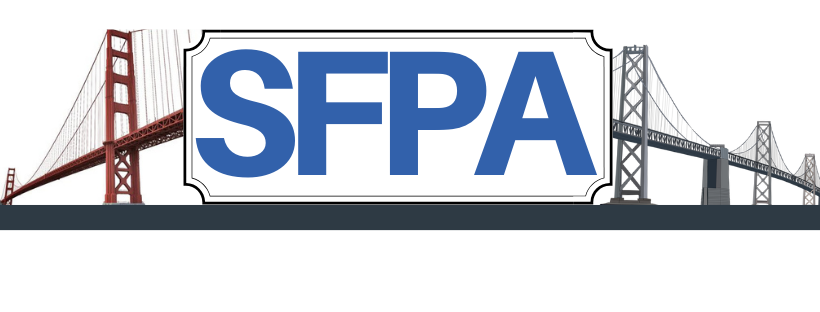Santa Cruz Sentinel
August 1, 2017
By Michael Todd

Santa Cruz County Superior Court interpreters and supporters gather during a strike outside the courthouse Monday in Santa Cruz. The day of action was held to protest what the workers consider unfair pay and treatment by the Judicial Council of California. (Contributed -- Mary Lou Aranguren)
SANTA CRUZ >> Court interpreters in Santa Cruz County and 12 greater Bay Area courts engaged in a series of labor actions since last week, after a year of failed negotiations to achieve a contract that the group — mostly minority women — said would counter unfair labor practices and inadequate wage growth, according to the California Federation of Interpreters.
At Santa Cruz County Superior Court, all seven interpreters walked off the job Monday and plan to do so again at a future date if no contract is reached with the state judiciary.
Tuesday, the interpreters returned to work.
Santa Cruz County Superior Court Administrator Tim Newman declined to comment on the strike but said the courts were able to maintain operations despite the walkout.
“We do have other bilingual staff that can be deployed,” Newman said.
Other court workers negotiate by county. Interpreters work under a region, known as Region 2 in coastal Northern California. The 12 counties of Region 2, which includes Santa Cruz County Superior Court interpreters, include Alameda, Contra Costa, Del Norte, Humboldt, Lake, Marin, Mendocino, Monterey, Napa, San Benito, San Francisco, San Mateo, Santa Clara and Sonoma counties.
Mary Lou Aranguren, the California Federation of Interpreters bargaining coordinator, said negotiations occur between interpreters and the Judicial Council of California in San Francisco. Friday, discussions with the council and the federation failed to reach a contract.
“The money is there,” Aranguren said. “They’re willing to spend more on contractors than to pay interpreters a fair wage. It really feels like union busting and discrimination.”
Santa Cruz County Superior Court interpreter Maria Mattioli said there will be future actions if no deal is reached with the region.
“It will be more than just one day,” Mattioli said.
Camille Taiara, an interpreter who lives in Oakland, also serves as a spokeswoman for the federation.
“It’s on,” Taiara said of the strike. “We’re all connected because what happens to one of us happens to all of us. It easily takes up to a decade to get the kind of fluency it takes to be an interpreter.”
The interpreters have worked without a contract for 10 months and have been in negotiations for a year, Taiara said.
“When people wonder what institutional racism means, this is what it looks like,” Taiara said.
The Judicial Council of California was working to provide a comment but did not do so by press time.
County court interpreters in Northern California earn from $70,000 to $80,000 per year. County interpreters say that is less than the $100,000 salaries paid to court interpreters in federal courts and more than the $80,000 salaries paid to county court reporters.
“This is a stark example of how the system for setting interpreter compensation keeps interpreters separate and unequal,” Aranguren said. “Interpreter wages have generally grown at less than half the rate of other employees across the region because of the courts’ disparate treatment of interpreters.”
http://www.santacruzsentinel.com/article/NE/20170801/NEWS/170809961

